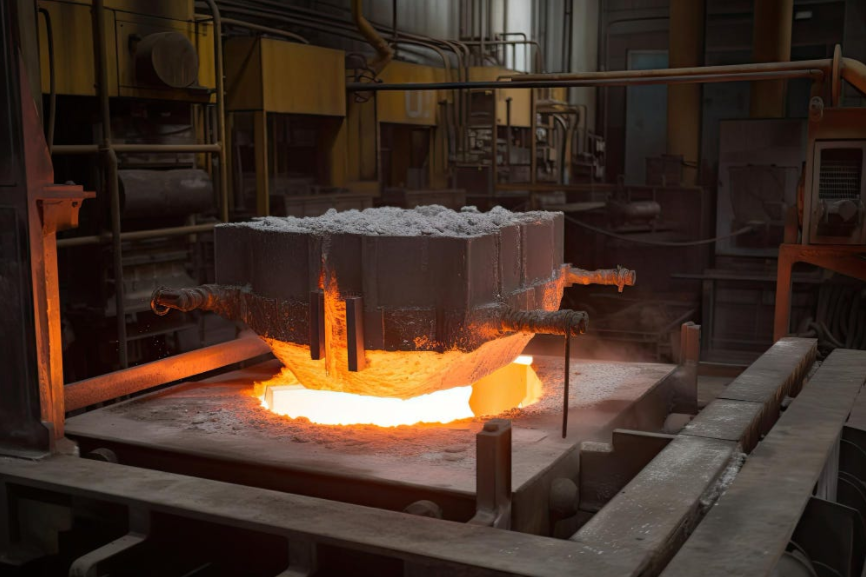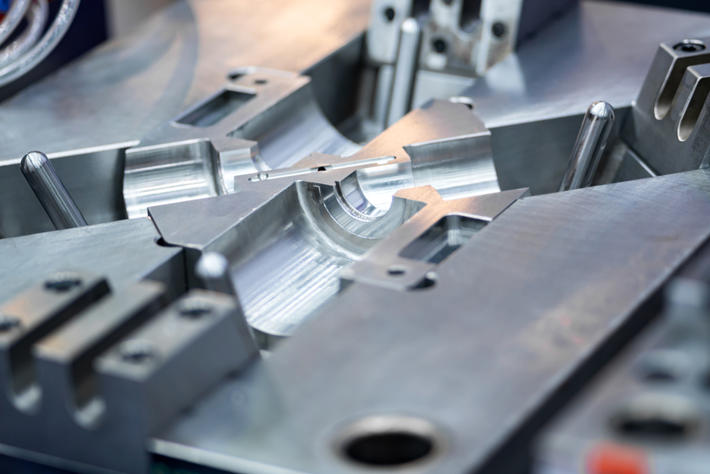CNC is an acronym for Computer Numerical Control. It refers to a manufacturing process that uses computerized controls to operate machinery, such as lathes, mills, routers, and grinders. The technology behind CNC takes precise measurements and coordinates from a computer-aided design (CAD) file and converts them into specific instructions for the machine to follow. With CNC, manufacturers can create highly accurate and complex parts and components with greater efficiency and consistency than traditional methods.
The history of CNC dates back to the 1940s, when the United States Air Force began developing the technology to improve the accuracy and consistency of their weapon systems. By the 1950s, early forms of CNC had been developed and were being used in the aerospace and automotive industries. Throughout the following decades, advancements in computer and software technology made CNC more accessible and versatile, leading to its widespread adoption in manufacturing across a variety of industries.
One of the primary benefits of CNC is its ability to produce highly precise and consistent parts. This is because the machines are programmed to make the exact same movements and cuts every time, removing the potential for human error. CNC machines can also work continuously and quickly, allowing manufacturers to produce large quantities of parts in a shorter amount of time.

CNC technology can be used for a variety of manufacturing applications, including cutting, drilling, milling, turning, and more. It is commonly used to create parts for aerospace, automotive, medical, and electronics industries, as well as for prototyping and rapid manufacturing.
Another benefit of CNC is its ability to reduce waste and increase efficiency. Since the machines are programmed to make precise cuts and movements, there is less material wasted in the manufacturing process. Additionally, CNC machines can be set up to work 24/7, which reduces the amount of downtime and increases productivity.
Overall, CNC technology has revolutionized the way that manufacturing is done. By using computerized controls to operate machinery, manufacturers can create highly precise and consistent parts with greater efficiency and less waste. As technology continues to advance, the possibilities for CNC will only continue to grow, making it an essential tool for modern manufacturing.
-

- OEM die-casting components & parts
-

- Integrated 3-spoke wheel for MTB with CNC machining &surface treatment
-

- Литой под давлением сплав марганца Thixomolding шлем
-

- Детали и компоненты велосипеда из магниевого сплава для детского велосипеда-толкателя
-

- Magnesium alloy foundry parts bicycle wheel with CNC machining & surface finishing
-

- parts&comopnents for bicycle suspension fork for MTB

 0086-750-5616188
0086-750-5616188 +86 13392089688
+86 13392089688 sales@zhongmei-tech.com
sales@zhongmei-tech.com







